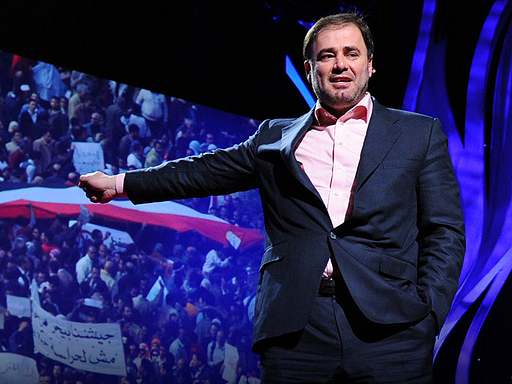
Why you should listen
From war correspondent to Baghdad bureau chief to Director General from 2003 until he stepped down in 2011, Wadah Khanfar worked through the closure and bombing of Al Jazeera's bureaus, the torture and murder of its journalists and state propaganda smears. Al Jazeera's approach to journalism emphasizes "re-thinking authority, giving a voice to the voiceless," Khanfar said in an interview with TIME.
No news network has attracted as much controversy as Al Jazeera. Khanfar, in turn, became the lightning rod for dispute on the organization's place in politics, both in its home region and abroad. (In the West, editorials have accused him of sympathizing with terrorists; in his own region, of fanning instability.)
What others say
“Ten years ago, Arabia was controlled by governments, and therefore the media -- mainly TV stations -- were pushing only one line, which was the government's vision about reality and politics. When Al Jazeera came, it changed all of that, and suddenly you find people from different political parties and opposition leaders appearing on the screen, speaking to the audiences with their opinions ...” — Wadah Khanfar, in an interview with PBS/Frontline
